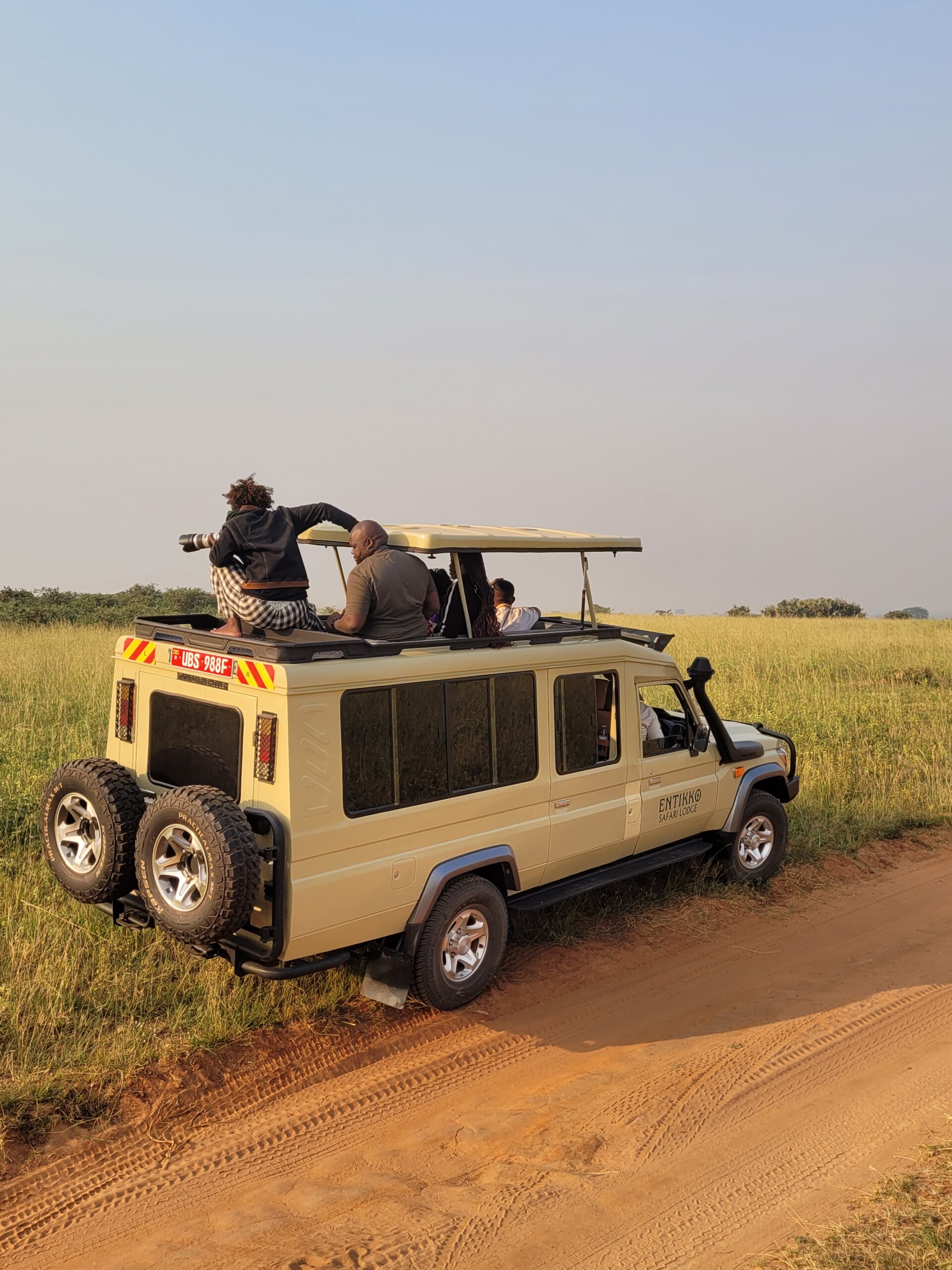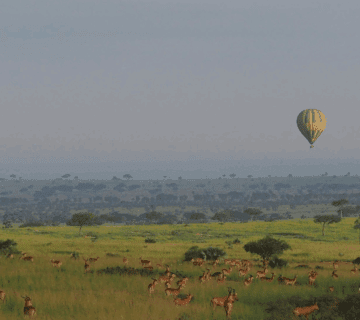For travelers embarking on Group Safaris across East Africa’s breathtaking landscapes, understanding tipping etiquette is as crucial as packing the right safari gear. Tipping represents more than just monetary appreciation—it’s a vital part of the region’s tourism ecosystem that directly supports local communities while ensuring you receive exceptional service throughout your adventure.
This comprehensive guide explores every aspect of tipping on Group Safaris, from recommended amounts to cultural considerations across Uganda, Kenya, Rwanda, and Tanzania. Whether you’re tracking gorillas in Bwindi, witnessing the Great Migration in the Serengeti, or exploring Rwanda’s Volcanoes National Park, our tips will help you navigate gratuities with confidence.
Why Tipping Matters on Group Safaris
1. Supporting Local Livelihoods
On Group Safaris, your tips supplement incomes for guides, drivers, and camp staff who often earn modest base salaries. In many cases:
Tips constitute 30-50% of a guide’s total earnings
Lodge staff may rely on tips for 40-60% of their income
Porters and auxiliary staff depend entirely on gratuities
2. Rewarding Exceptional Service
Tipping incentivizes:
More knowledgeable and engaged guides
Higher standards across safari camps and lodges
Personalized attention for your group
3. Cultural Exchange
Appropriate tipping demonstrates respect for local customs while fostering positive host-guest relationships that enhance your Group Safari experience.
Who to Tip on Group Safaris: A Complete Breakdown
1. Safari Guides (Most Important)
Your guide is your wildlife expert, safety officer, and cultural ambassador rolled into one.
Recommended Tip: $15-$25 per person per day
Exceptional Service: $25-$40 per day
2. Driver-Guides
For separate drivers on Group Safaris:
Standard Tip: $10-$15 per person per day
3. Lodge/Camp Staff
Includes waiters, housekeepers, and maintenance teams:
Community Tip Box: $10-$15 per person per day (pooled)
4. Specialized Staff
| Role | Recommended Tip |
|---|---|
| Trekking Porters | $10-$15 per trek |
| Night Drive Spotters | $5-$10 per drive |
| Boat Captains | $5-$10 per cruise |
| Cultural Guides | $10-$15 per visit |
Country-by-Country Tipping Guidelines
Kenya Group Safaris
Masai Mara Guides: $20-$30/day
Amboseli Trackers: $15-$25/day
Lodge Staff: $10-$20 pooled daily
Pro Tip: Conservancy areas warrant 10-15% higher tips than national parks
Tanzania Group Safaris
Serengeti Guides: $25-$35/day
Ngorongoro Rangers: $10-$15/day
Zanzibar Staff: $5-$10/day
Note: Balloon safari crews deserve $20-$50 per flight
Uganda & Rwanda Primate Safaris
Gorilla Trek Guides: $20-$30 per trek
Chimp Trek Porters: $10-$15 per bag
Volcanoes NP Teams: Tips often pooled
Best Practices for Group Tipping
1. Organizing Group Tips
Appoint a “tip captain” to collect funds
Use labeled envelopes for transparency
Consider mobile payment apps for digital natives
2. When to Tip
Daily tipping ensures immediate recognition
End-of-safari bonuses reward overall excellence
Special moments (birthdays, anniversaries) warrant extra
3. Currency Tips
Preferred: New, undamaged US dollars (2013+ series)
Acceptable: Local currency at fair exchange rates
Avoid: Large bills that can’t be broken
Tipping Etiquette Do’s and Don’ts
Do:
✓ Tip discreetly and personally when possible
✓ Include brief thank-you notes with larger tips
✓ Ask about tip-pooling systems at lodges
Don’t:
× Flaunt cash or make tipping theatrical
× Assume all staff receive shared tips equally
× Neglect back-of-house staff like cooks and cleaners
Beyond Cash: Alternative Appreciation Methods
1. Professional Support
Write detailed LinkedIn recommendations
Donate to guide training programs
Sponsor staff certifications
2. Community Impact
Purchase local crafts at fair prices
Donate supplies to village schools
Support staff-led conservation initiatives
3. Digital Advocacy
Leave glowing TripAdvisor reviews
Share positive experiences on social media
Recommend exceptional guides by name
Addressing Common Tipping Concerns
“What if service is mediocre?”
Still tip baseline amounts (10-15% below standard)
Provide constructive feedback to management
Adjust future tips accordingly
“How do we handle uneven participation?”
Set clear expectations pre-safari
Use per-person calculations
Consider prepaid tipping options
“Are tips expected for free activities?”
Community visits: $5-$10 per group
Cultural performances: $5-$15 pooled
Spontaneous interactions: Optional small bills
The Ethical Dimensions of Safari Tipping
Fair Wage Considerations
While tipping is essential, responsible Group Safaris should:
Pay living wages as base compensation
Have transparent tip distribution policies
Avoid over-reliance on guest gratuities
Sustainable Tipping Practices
Ask how tips are distributed
Support lodges with staff welfare programs
Consider prepaid gratuity inclusions
Conclusion: Tipping as Part of the Safari Experience
Mastering tipping etiquette on Group Safaris accomplishes three important goals:
Rewards Excellence: Properly compensates those who make your safari extraordinary
Supports Communities: Contributes directly to local economies
Enhances Experiences: Fosters meaningful connections with your hosts
Remember that on Group Safaris, your thoughtful gratuities ripple through entire ecosystems—from individual staff members to their families and communities. By following this guide, you’ll ensure your appreciation makes maximum impact while enjoying the satisfaction of being a conscientious traveler.
Group Safaris offer unparalleled opportunities to experience East Africa’s wonders, and proper tipping ensures these magical journeys remain sustainable for years to come. Whether you’re marveling at mountain gorillas, witnessing the Great Migration, or simply soaking in spectacular sunsets over the savanna, your generosity helps preserve these experiences for future adventurers. Book your Safari!





